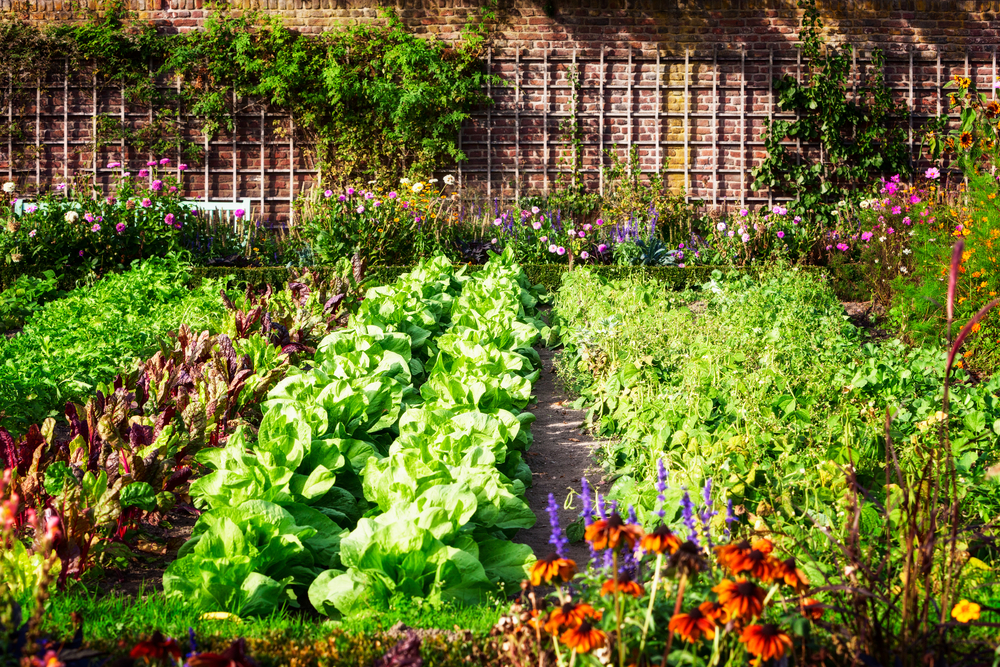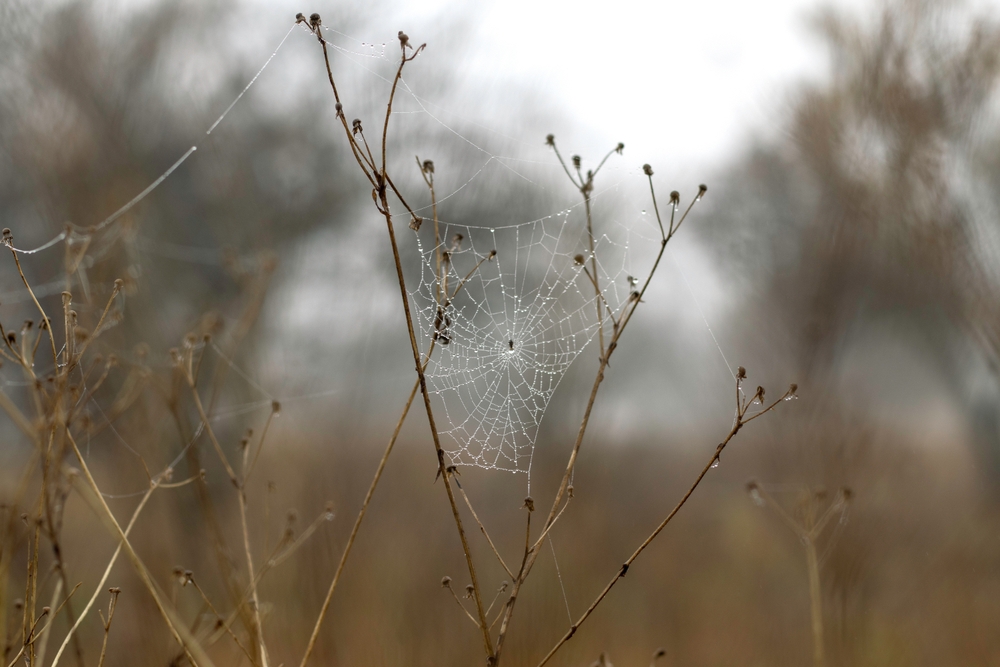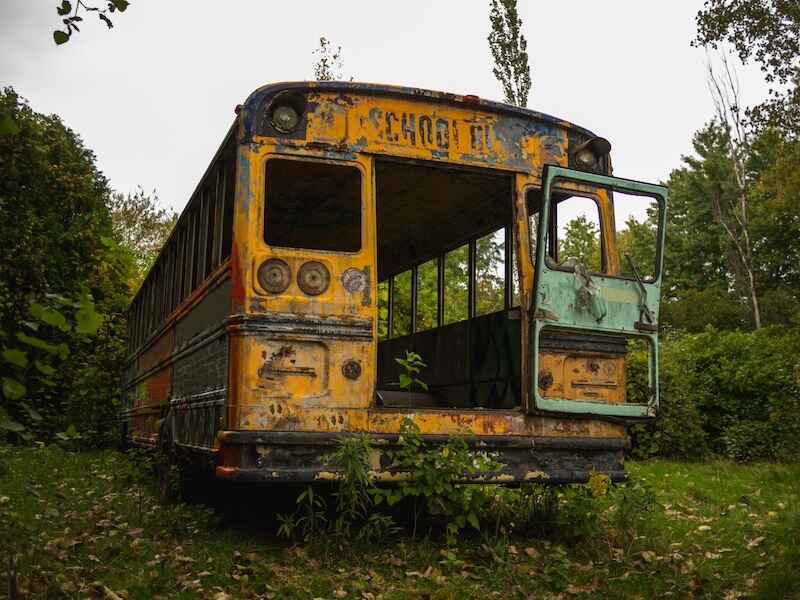Retirement’s Hidden Cost
Joel Salatin|March 9, 2021

Editor’s Note: It’s a worry most of us have as we get older… Will my golden years truly be golden? For Joel, that worry is more than about having enough money set aside for a comfortable retirement. The reality is many folks will need some kind of care in their later years… but that care comes with a steep cost if you haven’t prepared for it. Check out his essay below and let us know your thoughts at mailbag@manwardpress.com.
Most folks don’t spend their lives thinking about nursing homes… or saving for them.
But two things happen as we enter our 60s to bring the idea to top of mind.
First, our parents hit their 80s and 90s. We become their caretakers, doing things for them we never had to before.
For many of us, our name gets legally bound to power of attorney duties. We have discussions about resuscitation, long-term care and handling our parents’ finances.
The second thing is we become acutely aware that we don’t inhabit a 20-year-old body anymore.
While our minds are still sharp, we find ourselves rolling rather than jumping out of bed.
A heroic weekend in the garden might yield an ache or pain that doesn’t go away in a day.
Our own mortality stares straight into our eyes as we help Mom and Dad downsize, relocate or pay their bills.
It’s a sobering time, this early 60s period.
Worst of All
I just turned 64. My wife is right behind me. And we’re going through this awkward and unsettling phase.
Each of us lost a parent early… Her mom at 54 and my dad at 66. We just lost her dad at 89 on Thanksgiving Day.
At 97, my mom still lives independently… 50 feet from our farmhouse. We check in on her multiple times a day.
So the notion that we must spend a couple of decades pouring money into a fund, whether privately or through insurance, to secure elder care seems alien to us.
(I just spent half a day going through long-term insurance material. I think I’d rather run across burning coals.)
All of us parents would like to think it won’t happen to us… That we’ll drop dead suddenly or live out our final days with one of our kids.
No one wants to end up there. But that’s the reality for so many folks.
And what disturbs me more than anything about nursing homes… more than the cost, more than the level of care, more than being cooped up with a bunch of dying people… is the food.
Indecent
We once had a wonderful customer who moved into a nursing home. Once there, she begged for decent food.
She even arranged a meeting between the nursing home administrator and me to see if our farm could supply this small institution with food.
It would have been simple since it had only about 30 beds.
It was one of the most frustrating and disturbing conversations I’ve ever had.
“We feed the cheapest food we can find,” the administrator confided.
Eating Cheerios for snacks and expired sell-by factory chicken for dinner, these folks impoverish themselves for care and get fed the junkiest food on the planet.
It’s obscene.
I had a wealthy uncle who spent 15 years in a nursing home due to Alzheimer’s. He owned several nursing homes as part of his investment portfolio.
While he was still sharp and lucid, I begged him to offer decent food to his residents.
He didn’t.
Just like in the average American home, food is the one life necessity that seems to be most amenable to shortcuts. That’s the one place where you can shave a few pennies and make a buck.
A Litmus Test
At a time of life when folks desperately need top-notch nutrition, they are given food we wouldn’t buy for our own households.
We put our parents in institutions that feed them worse food than we eat. I’m confident that if a nursing home purchased high-quality food and made that a centerpiece of its marketing plan, families would flock to their door to place their loved ones there.
Few things provide a litmus test for all other care like the food.
I could put hospitals in this same context. I met a dining services administrator of a hospital in Colorado who completely revamped the menu to offer local and nutrient-dense food. She had to purchase cooking equipment for the cafeteria and train the staff in how to cook from scratch.
Within a year, the hospital documented measurable changes in recuperation time. In fact, when discharged patients finally healed enough to get out, far more than half wanted to go eat at the hospital for their first excursion.
I’ve eaten out of our garden and from our pastures all my life. More than the isolation, more than the money, more than anything, what concerns me the most about going into a nursing home is the junk food I’ll be fed.
My hope is that if I do require institutionalization, some place will exist that cares enough to feed nutritious food to its folks.
With all the hoopla about how to show that we care for each other, why can’t we care enough to get food integrity to our most vulnerable?

Joel Salatin
Joel Salatin calls himself a Christian libertarian environmentalist capitalist lunatic farmer. Others who like him call him the most famous farmer in the world, the high priest of the pasture, and the most eclectic thinker from Virginia since Thomas Jefferson. Those who don’t like him call him a bioterrorist, Typhoid Mary, a charlatan, and a starvation advocate. With a room full of debate trophies from high school and college days, 12 published books, and a thriving multigenerational family farm, he draws on a lifetime of food, farming and fantasy to entertain and inspire audiences around the world.



